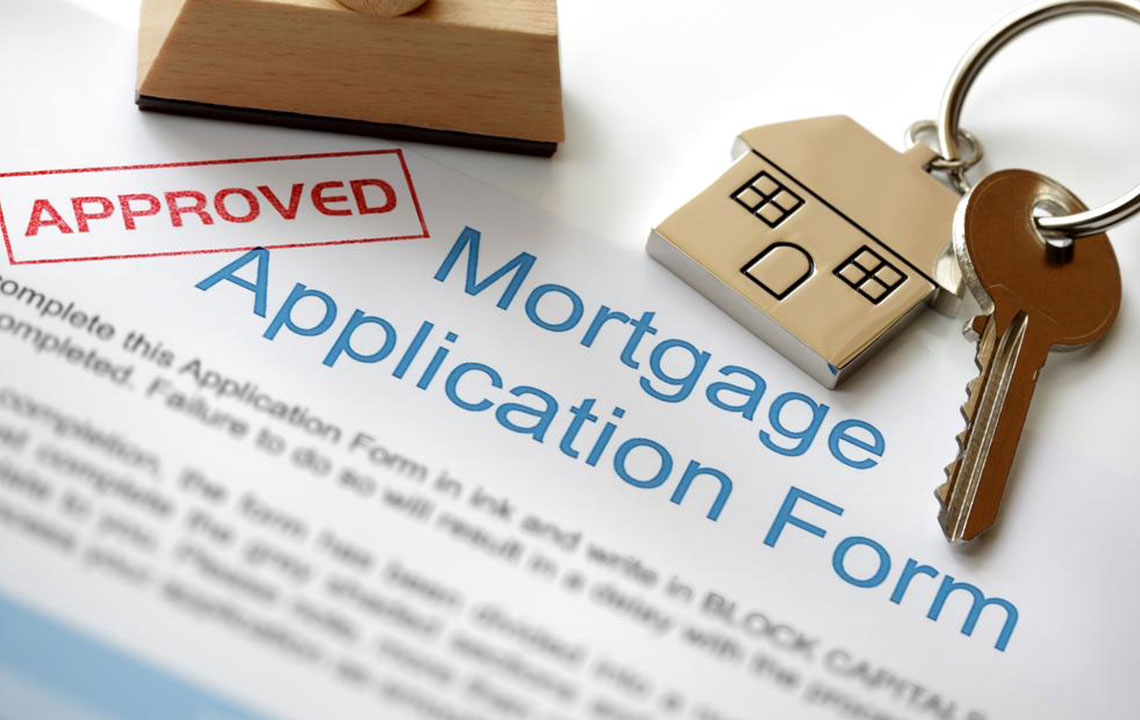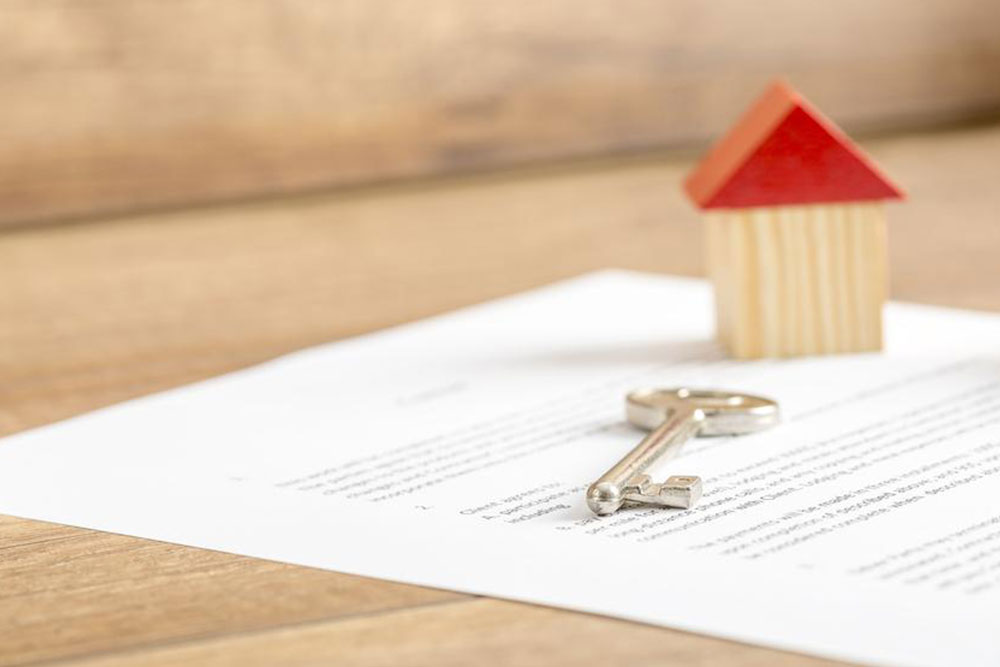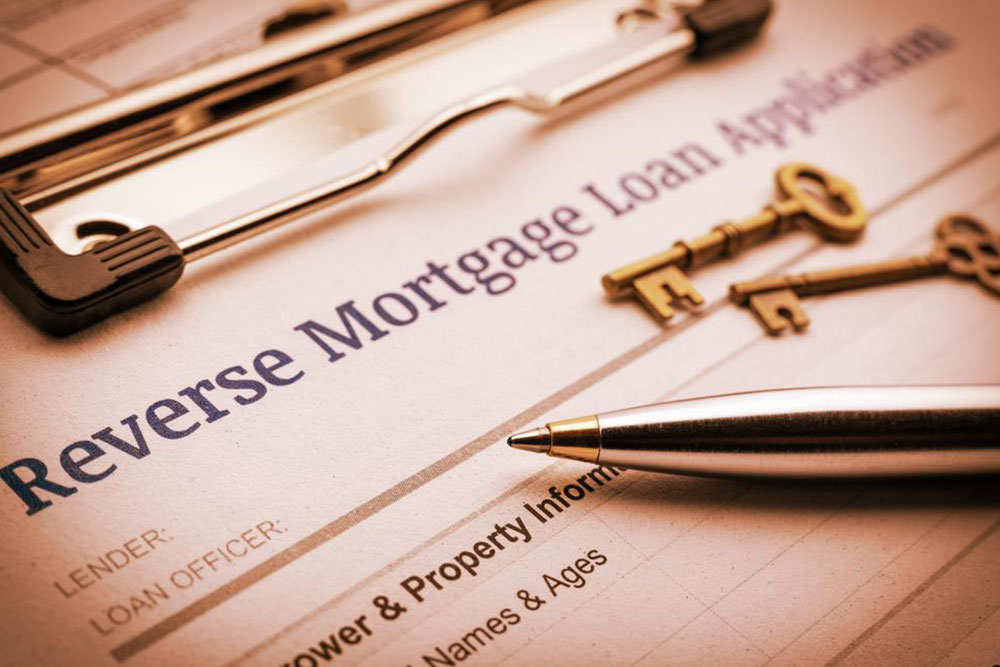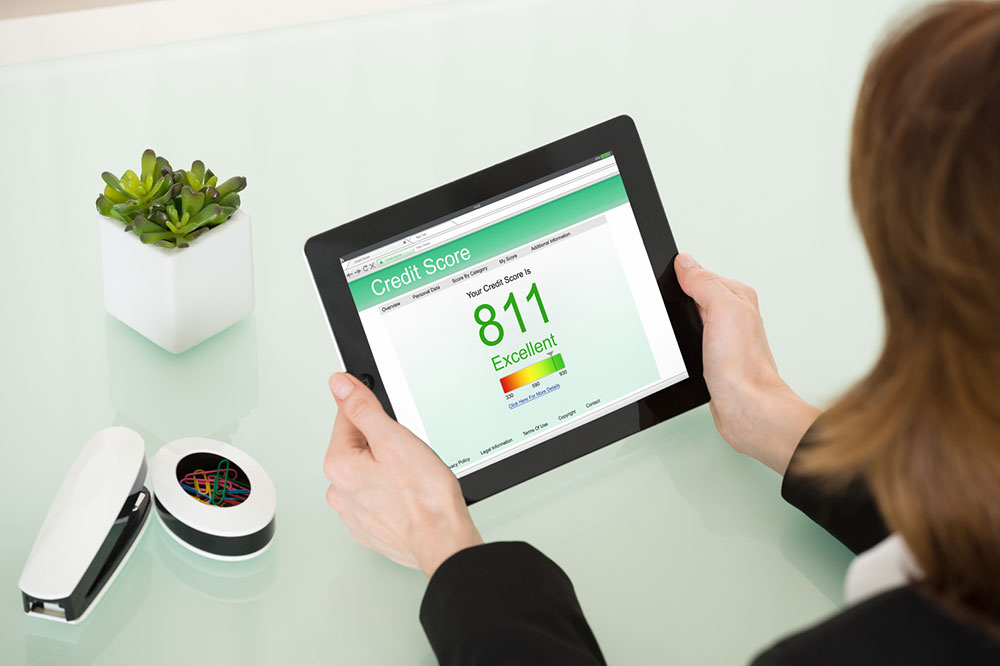Comprehensive Guide to Home Loan Options and Expert Tips for Approvals
Learn about various home loan options including fixed-rate, adjustable-rate, FHA, VA, USDA, and bridge loans. Get expert tips on improving your credit, organizing documents, comparing lenders, and securing the best mortgage deal tailored to your needs. This comprehensive guide aims to help homebuyers navigate the loan process confidently for a smooth homeownership journey.

Understanding Types of Home Loans and How to Secure the Best Deal
A home loan is a financial arrangement where an individual borrows funds from a bank or financial institution, using their property as collateral. If repayment obligations are not met, the lender has the right to sell the collateral to recover the owed amount. These loans come in various types, each suited to different needs and financial situations.
Common Home Loan Types
Fixed-Rate Mortgage
This loan features a fixed interest rate throughout its term, typically 15 or 30 years. Borrowers pay a set amount each month, which includes principal and interest. Jumbo loans are a subset of fixed-rate mortgages. This option is ideal for homeowners valuing payment stability over the loan duration.
Ideal Candidates
Best suited for individuals who prefer predictable monthly payments and plan to stay in their home long-term. Since the rate doesn’t change, it offers financial certainty throughout the loan term.
Adjustable-Rate Mortgage (ARM)
This loan type offers lower initial interest rates, fixed for 5 or 10 years, after which rates fluctuate annually based on market conditions. Payments can increase or decrease depending on interest rate movements, making it suitable for buyers planning to sell or refinance before the adjustment period ends.
Who Should Consider ARM?
Ideal for buyers with lower credit scores or those expecting income increases or plans to relocate soon. It offers affordability during the initial period but carries the risk of rising payments later.
FHA Loans
Backed by the government, FHA loans require as little as 3.5% down payment, compared to the standard 20%. These fixed-rate loans are suitable for buyers with modest savings and stricter qualification criteria, with loan limits typically up to USD 417,000. Borrowers pay mortgage insurance premiums during the loan term.
Best for
First-time homebuyers or those with limited down payment resources who meet FHA criteria.
VA Loans
Available to eligible active-duty service members, veterans, and certain reserves, VA loans require no down payment or mortgage insurance. They are backed by the U.S. government, offering favorable terms for qualified applicants, who must meet specific service requirements.
Who Qualifies?
Veterans with at least 90 days of wartime service, 180 days of peacetime service, or six years in reserves qualify. The property must be the borrower’s primary residence and meet minimum standards.
USDA Home Loans
Targeted at rural residents, USDA loans require no down payment and offer discounted interest rates. These loans finance homes in designated rural areas, with income limits ensuring the program assists primarily low- to moderate-income families.
Ideal for
Families in rural areas seeking affordable homeownership options, with debt-to-income ratio caps at 41%.
Bridge Financing
This short-term loan helps buyers who are simultaneously selling their current property and purchasing a new one. It consolidates both mortgages temporarily, allowing the borrower to transition smoothly until the sale is finalized and refinancing is possible.
Best for
Those with strong credit and a low debt-to-income ratio, planning to buy and sell quickly without overextending financially.
Tips for Securing the Ideal Home Loan
Save for a sizable down payment
The required down payment varies from 2.25% to 20%, depending on the loan type. Establish a monthly savings plan and consider automating deposits to reach your goal. FHA loans are a good option if savings are limited.
Monitor your credit profile
A strong credit score improves approval chances and loan terms. Check your credit report annually via reputable agencies like TransUnion, Experian, or Equifax, and work on improving your score if needed.
Organize your documentation
Prepare essential documents ahead of time, including bank statements, tax returns, recent pay stubs, and W-2 forms. This expedites the approval process and reduces delays.
Use online mortgage calculators
Online tools help estimate your borrowing capacity and monthly payments. They’re simple to use and provide a clear financial overview before approaching lenders.
Compare multiple lenders
Interest rates and fees differ among lenders. Analyze total costs, including additional charges, to choose the most cost-effective option.
Stay updated on interest rates
Mortgage rates fluctuate frequently. Keep track of market trends to secure the best possible rate when applying.
Get pre-qualified
Pre-qualification gives you an estimate of your borrowing capacity, helps in negotiating with sellers, and streamlines the loan application process.
Select the right loan type for your situation
Consider personal circumstances and financial goals. Whether a fixed or adjustable-rate mortgage suits you depends on your plans, risk tolerance, and market outlook.
Respond promptly to lender requests
Providing additional documents swiftly can prevent delays and expedite your loan approval. Maintain good communication with your lender throughout the process.










